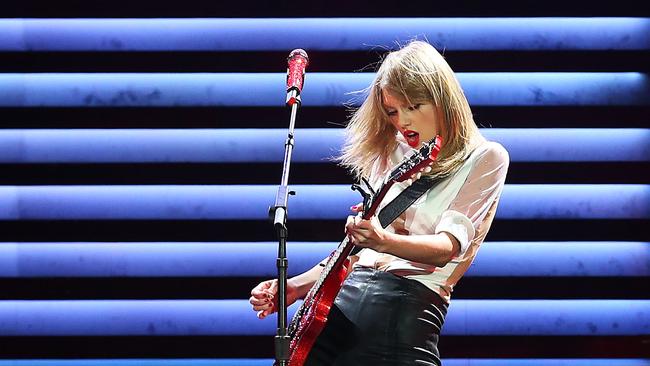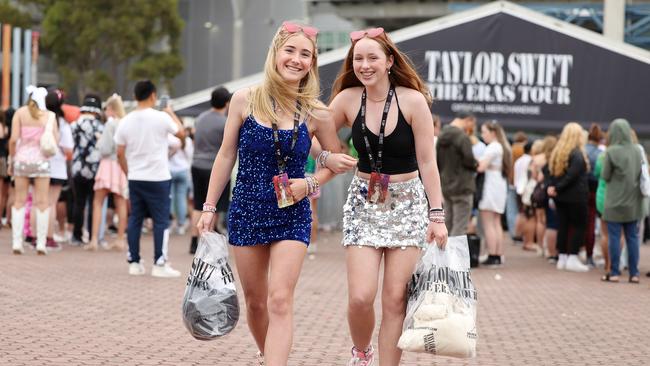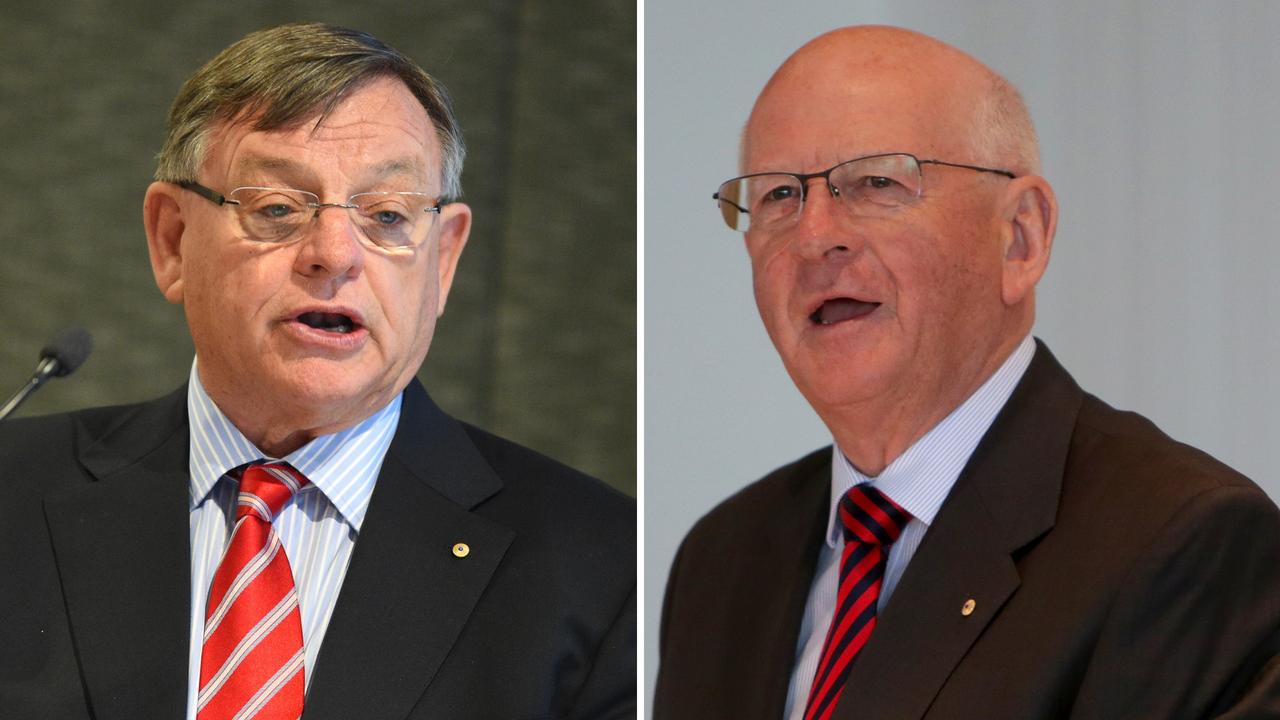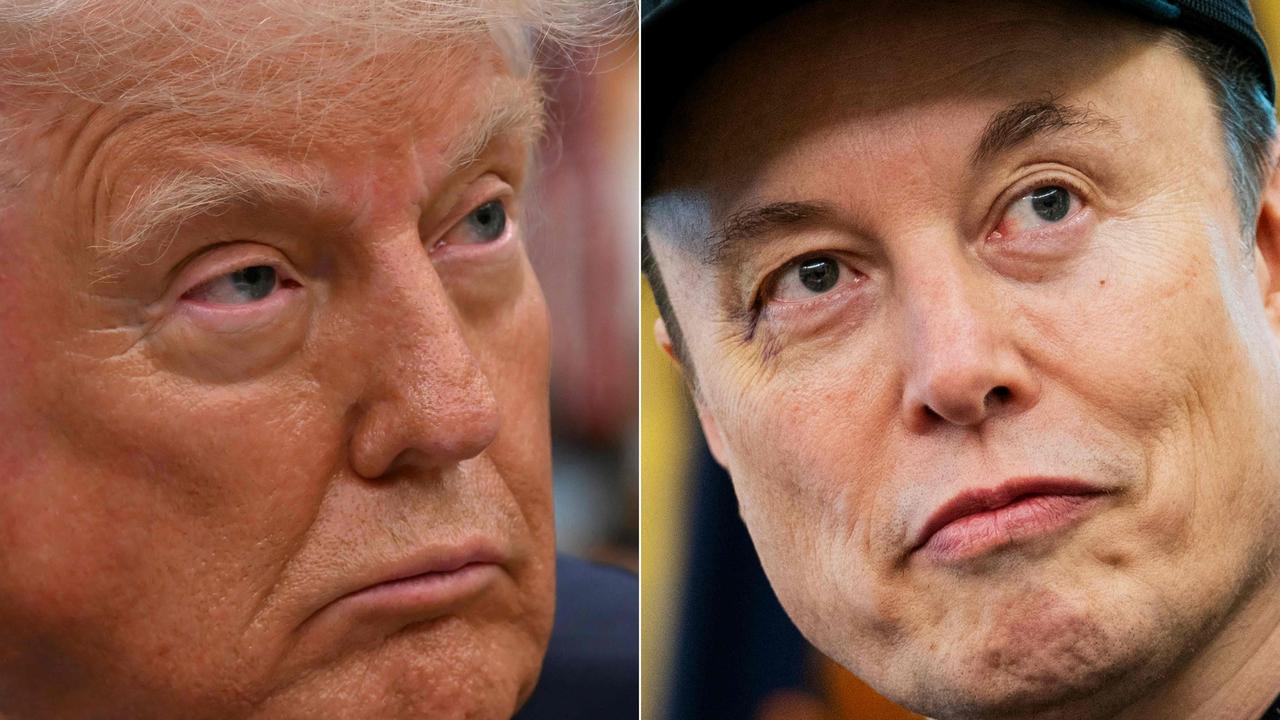Retail turnover increases in February as Taylor Swift fans spend up on clothes and events
Taylor Swift and The Eras tour has been a godsend for many retailers who have benefited from 600,000 Swifties spending big on clothing and dining out, helping to mitigate falls elsewhere.

Seven sold-out Taylor Swift concerts helped deliver a marginal economic boost for Australia, with increased spending on clothing, merchandise, accessories and dining out lifting retail turnover in February.
The Australian Bureau of Statistics (ABS) reported retail turnover rose 0.3 per cent in February to $35.87bn — less than the 0.4 per cent boost from Swift financial markets had expected. Retail spend has been volatile in recent months amid cost of living pressures with a rise of 1.1 per cent in January following a 2.1 per cent fall in December.
Around 600,000 Swifties attended The Eras Tour in Sydney and Melbourne performed by the US pop star. Swiftonomics — the term used to describe the positive economic impact of Swift’s performances — led to increased spending on clothing, merchandise, accessories and dining out.
Swiftmania helped mitigate an otherwise sluggish month. ABS head of retail statistics Ben Dorber said looking past the one-off impact of the Swift’s concerts, underlying growth in retail turnover rose 0.1 per cent.
“After a period of higher volatility from November through to January, underlying spending has stagnated,” he said.
Clothing, footwear and personal accessory retailing benefited the most from Swift with spending up 4.2 per cent and department stores rose by 2.3 per cent in the month.

Cafes, restaurants and takeaway food services had a more modest rise at 0.5 per cent, with an increase in spending also linked to the Taylor Swift concerts. This followed a 1.4 per cent rise in January, which was boosted by large sporting events.
“Another rise in turnover for catering services, cafes, restaurants and takeaway businesses showed that consumers are still prepared to spend at large social events as seen last month with the big crowds at the tennis and cricket,” Mr Dorber said.
Turnover fell in household goods, other retailing and food retailing (-0.1 per cent), reflecting weaker underlying retail spending.
Retail turnover has risen annually at a smaller pace than the country’s population, reflecting cost of living pressures many are facing with housing affordability and day-to-day essentials. Annual retail turnover rose 1.6 per cent in the past year compared to a population increase of 2.5 per cent.
Retail turnover rose in most jurisdictions, particularly in Victoria and NSW where Swift toured, increasing 0.7 per cent and 0.6 per cent respectively. Queensland recorded the largest fall at 0.5 per cent, while other regions saw spending slow from the previous month.
The data comes after inflation held steady last month, buoying hopes that the Reserve Bank can move to cut interest rates this year. Consumer prices rose 3.4 per cent in February, slightly below economists’ expectations of a 3.5 per cent increase.




To join the conversation, please log in. Don't have an account? Register
Join the conversation, you are commenting as Logout